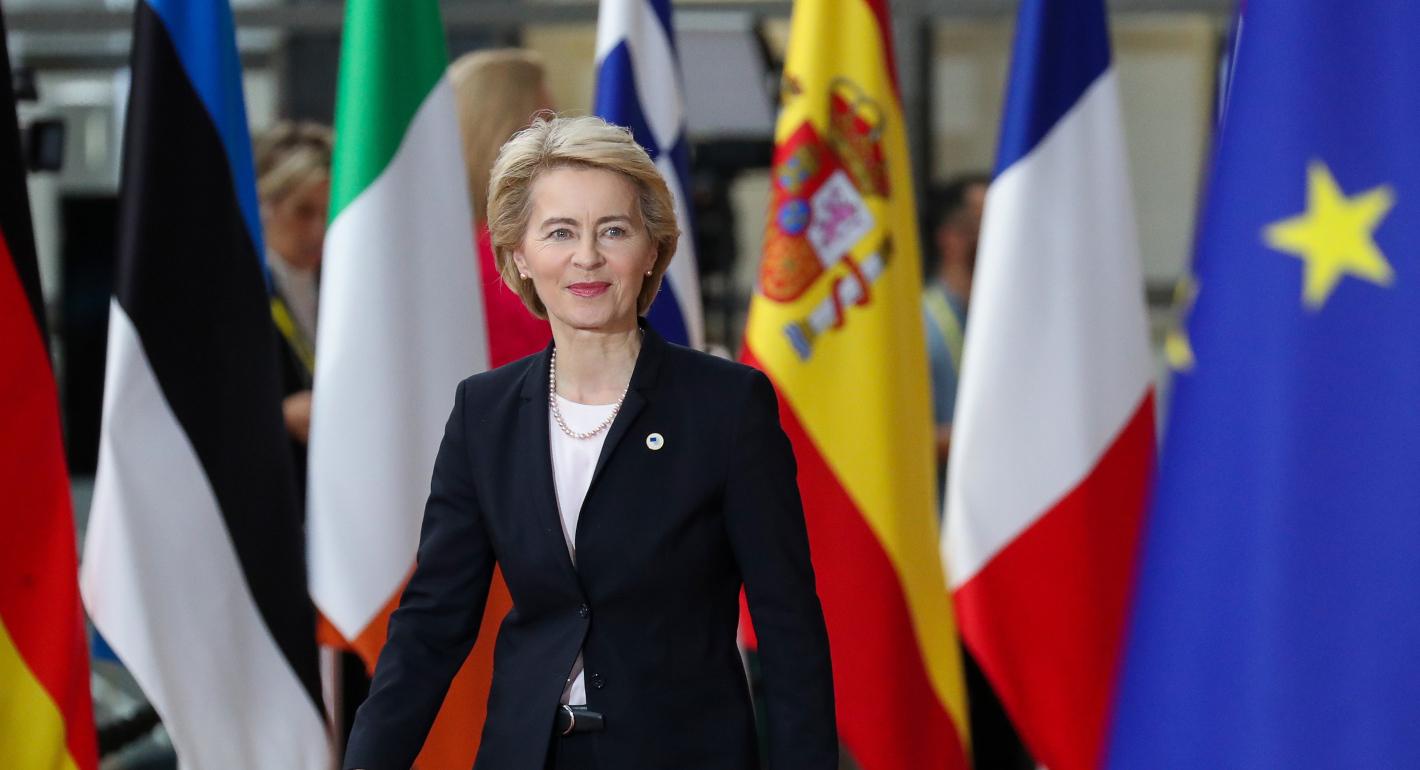Source: Swedish Institute for European Policy Studies
Introduction
In the last year a narrative has gained prominence: the European Union (EU) needs to be more “geopolitical.” The new EU leadership has promised a “geopolitical Commission.” French President Emmanuel Macron has called for the Union to be a “geopolitical power.” High Representative Josep Borrell has enjoined the EU to “re-learn the language of power.” Politicians, diplomats and analysts seem almost universally to welcome this incipient geopolitical turn.
This policy analysis takes a contrarian line by questioning some of the core assumptions on which the EU’s new geopolitical narrative is based. It challenges the received wisdom that EU external action has erred mainly in being insufficiently driven by realpolitik self-interest. The report identifies three powerful recent trends or axes in EU external action that relate to geopolitical strategy in complex and varied ways: “protective security,” geo-economics and a more instrumental approach to liberal order. These axes add nuance to what lies behind the EU’s geopolitical narrative, and in important ways cast doubt on its sufficiency and appropriateness. Crucially, the report argues that the COVID-19 pandemic is set to intensify these existing trends in EU external policies. The coronavirus emergency makes the EU’s geopolitical narrative an even more problematic way of framing external aims.
Distorted narrative
Geopolitics has long been a fiercely contested concept; it is not in itself a term that prescribes any particular course of foreign policy action. It is ostensibly about having an overarching strategy for managing the geography of power. To this end, acting geopolitically can mean almost anything, from assertive foreign interventions through to strategically astute inaction. While a geopolitical narrative has gained prominence, the EU has so far offered little detail about how it defines a geopolitical policy. In practice, European leaders and senior officials customarily deploy the term geopolitics loosely to denote a kind of more committed, generic realpolitik.
In this respect the EU’s base justification – the starting point – for its geopolitical turn is built upon some questionable assumptions. The fairly common diagnosis is that EU foreign policy has erred for many years in being too weak in the pursuit of European self-interest. The widely accepted starting point is that the EU has been a liberal power whose benign concern with norms and global public goods is increasingly and sadly thwarted by a world of raw power politics. The line is that the EU has been too liberally noble for its own good, too enlightened and other-regarding to wield power in the name of Europe’s own interests. The common call is for the EU to be more deeply engaged in global challenges in ways that assertively prioritise interest and power calculations.
Post-liberalism in denial. For those long on the receiving end of European power and foreign policies these claims might seem curious. In truth, the EU and its member states have always been strongly driven by their interests and in recent years have engaged in a great deal of hard-nosed realpolitik. For quite some number of years the EU has already exhibited in a fairly pronounced form at least some features of a post-liberal power; in adapting to a more challenging global context it has overridden many of its ostensibly liberal principles. The European narrative supposes that threats to liberal order are due entirely to others’ actions; yet member state governments have themselves often acted in ways that compound the fragilities and imbalances of the current global order. Far from having to “re-learn power” the EU has for at least a decade been doubling-down on a much more narrowly instrumental understanding of what its own power-protection requires.
Read Full Text
This article was originally published by the Swedish Institute for European Policy Studies.

.jpg)



